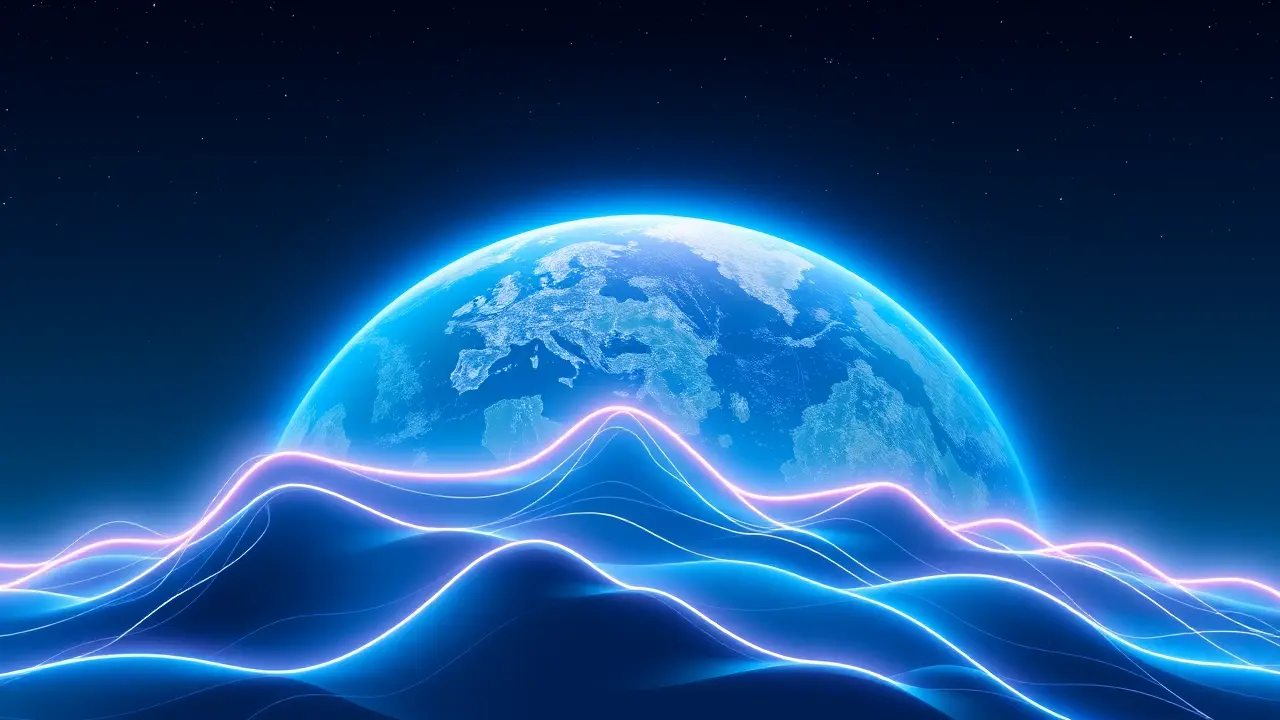
Scienceclimate scienceClimate Change
Bill Gates' Climate Change Stance Overlooks Risk
RA
Rachel Adams
3 hours ago7 min read1 comments
In a recent intervention that has sent ripples through the environmental community, Bill Gates has proposed a strategic pivot, suggesting we de-emphasize the existential framing of climate change to instead place human welfare at the very core of our climate strategies. While this human-centric approach carries a surface-level appeal, advocating for practical, immediate solutions, it dangerously overlooks the profound and irreversible risk of locking in a planetary state that would be catastrophic for human welfare for centuries to come.The central, unsettling question we must confront is one of risk tolerance: how much peril are we willing to accept on behalf of future generations? Gates, a formidable techno-optimist, champions innovation in green energy and agricultural adaptation, yet this perspective feels eerily reminiscent of past assurances that technology would effortlessly solve the pollution crises of the 20th century, a belief that often led to delayed and insufficient action. The scientific consensus, articulated in stark detail by the IPCC, paints a far more urgent picture, one of tipping points—like the irreversible melting of the Greenland ice sheet or the dieback of the Amazon rainforest—that loom not in some distant future but within the political and economic horizons of today.To sideline the existential nature of this threat is to ignore the foundational data from ice core records and climate models that show carbon dioxide levels at their highest in millions of years, driving changes on a scale that humanity has never witnessed. Consider the Great Barrier Reef, a vibrant ecosystem now suffering repeated, devastating mass bleachings; this isn't a future hypothetical but a current reality, a canary in the coal mine for global biodiversity and the communities that depend on it.The potential consequences of underestimating the risk are not abstract; they are the stuff of documentaries like 'Chasing Coral' and the lived experiences of Pacific Island nations facing existential inundation. A strategy focused solely on incremental human welfare, without a parallel, unwavering commitment to averting worst-case scenarios, is like treating the symptoms of a disease while ignoring the metastasizing cause.We must ask, as climate activists from Greenpeace to Greta Thunberg have, what welfare exists on a planet with collapsed fisheries, recurrent climate-driven pandemics, and hundreds of millions of climate refugees? The emotional and ethical weight of this decision is immense, forcing us to balance the tangible needs of the present against the potentially unlivable world we bequeath to our children. The path forward is not an either/or choice but a demanding and necessary synthesis: we must aggressively pursue the human-centered solutions Gates advocates—from drought-resistant crops to decentralized renewable grids—while simultaneously holding fast to the stark, motivating truth that we are engaged in a race to prevent a permanent, disastrous alteration of the only home we have.
#climate change
#Bill Gates
#human welfare
#existential threat
#featured
#climate policy
#risk analysis
Stay Informed. Act Smarter.
Get weekly highlights, major headlines, and expert insights — then put your knowledge to work in our live prediction markets.
© 2025 Outpoll Service LTD. All rights reserved.